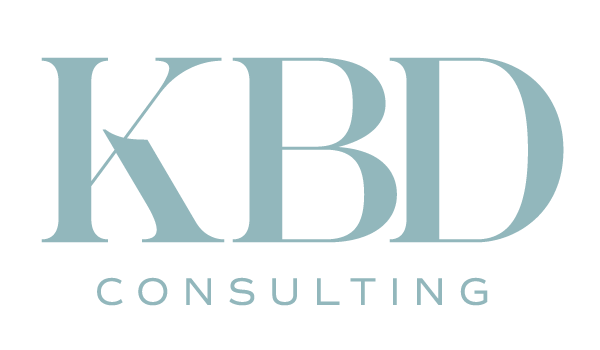How do you set yourself up to thrive at work? What do you need in your environment, your schedule and your relationships to be at your best? Sometimes these needs or conditions float just beneath our conscious awareness … only vaguely recognized when we bump into them. Articulating these truths helps us stop tripping over them and landing ourselves in a terrible, horrible, no good, very bad day. Sometimes we avoid acknowledging these truths because we feel we “should” be another kind of person. When we make friends with these truths about ourselves, we’re more able to show up in our work in the way we’d like to. We close the gap – maybe just a bit – between our aspirational self and our current self.
Here’s how I think about my steadfast personal work truths –
I need one hour of think time in the morning before calls or meetings. Drive time does not count as quality think time. Yes, this think time includes Wordle and random articles.
I’m a list and calendar person. My think time is on my calendar. If I don’t close out the week with a list and calendar clean-up, my mind can’t settle down.
I prefer to walk and talk. Meeting for a walk – messy hair and gym clothes – to work through a thorny issue is my favorite way of working.
I relish a relationship that does not require preambles. It’s meaningful to me to get to a point with a colleague where we abandon email salutations and no longer need to carefully package our thoughts.
I need to feel the authenticity of your apology to move forward. Mistakes and missteps happen. I will directly and wholeheartedly apologize when I screw up or step on you. I expect and appreciate the same. The not-quite apology – “I’m sorry that happened” – gets under my skin. Harriet Lerner’s work is key for me in this space. As much as I’d like to be a “I let things roll off my back” person, I’m not.
Acknowledging these truths positions me to set myself up for success. Knowing that half-apologies are relationship stumbling blocks gives me discipline around how I apologize. It helps me have direct conversations when I feel there’s something going unsaid…because I know that when those half-apologies pile up, it wears away my trust.
What are yours? How can you arrange your time or your work relationships so you’re at your best given your truths? Can you share them and talk about them with your team?
Three other things on my mind this week. First, this episode of the 10% Happier Podcast; a very real conversation about mindfulness, gratitude and intention. Second, this nugget suggesting that conversations end on the same tone that they begin. The practical take away being that a “soft start up” is more likely to have a relationship-preserving outcome than a harsh start to a conversation. Common sense but not always common practice. And third, it was a post that I can’t find by Grace Atwood where she shared her steadfast personal travel truths that got me thinking about steadfast personal work truths.
Here’s to unearthing and creating space for your steadfast personal work truths!
KBD

